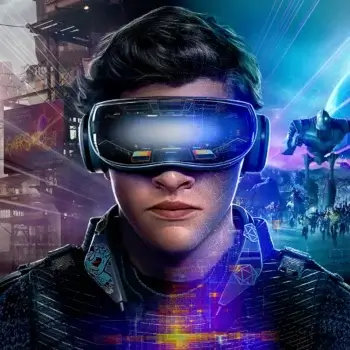A fascinating article in Smithsonian Magazine, “Inside the experiment to create Mars on Earth”, details the experiments being developed on Earth to try to recreate the environment of the next planet that, due to its conditions, could be made habitable at some point: Mars.
There are several facilities dedicated to this purpose in different parts of the world used to subject groups of people to living conditions reasonably similar to those they would experience on the red planet: NASA has its own at the Johnson Space Center in Houston, while Utah is home to the Mars Desert Research Station (MDRS), created by US aeronautical engineer Robert Zubrin and funded by private donors, among others, one Elon Musk, a vocal proponent of the need forthe human species to become multiplanetary. Meanwhile, in Hawaii, atop the Mauna Loa volcano sits HI-SEAS, created and financed by Dutch entrepreneur and game designer Henk Rogers, who launched the International MoonBase Alliance.
These facilities are used to see how groups of people are able to live in complete isolation in small rooms, mainly supplying themselves with dehydrated food, while carrying out routine monitoring tasks or collecting soil samples and developing research on issues such as improving the yield of hydroponic crops to making bricks with from volcanic rock and materials similar to those found on Mars, along with how to maintain solar energy installations in windy and dusty conditions, and the routine of daily life when there is very little water available.
Volunteers propose experiments that are carried out in conditions that try to replicate the environment on Mars, the most important of which involved improving pressurized suits, along with other important tasks for the design of the first manned explorations to other planets.
This field, developing and improving the technologies necessary to sustain groups of people living on another planet, could decide the future of the human species, is still in its early phase. One of the issues these facilities face comes from overly curious tourists, which is presumably not an issue the first human colonizers on the red planet will have to deal with.





























